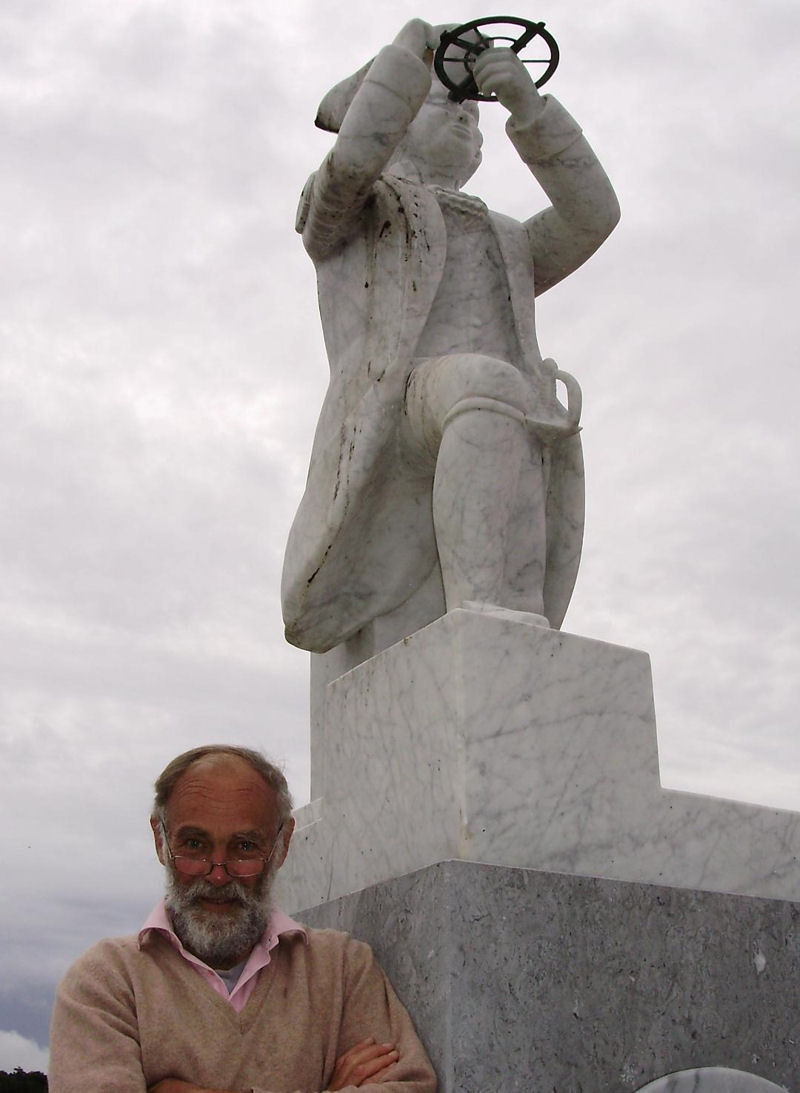FAQ on > The Work of the Institute > Have you worked elsewhere in the world?
AFRICA, THE MIDDLE EAST AND THE AMERICAS
In an earlier stage of his life, the director worked as a volunteer maths teacher in Nairobi. It was a time when Jomo Kenyatta was in charge (of everything!) in Kenya, when Julius Nyerere was promoting his socialist policies of ujamaa in Tanzania, and when Uganda fell from one tyrant, Milton Obote, to another, Idi Amin. And the young volunteer from Europe asked himself if the British system of two-party politics was actually appropriate for a non-British setting. (Later on, of course, he realised that it is not suitable for Britain either!)
In 2003, having brushed up on his Swahili, he returned to all three countries and made his first visit to Rwanda. A report is attached. More...
Southern Africa
In 2007, the director ran a one week course on consensus politics in UNAM, the University in Windhoek, Namibia, for professional civil servants and military personnel, some of whom had already served in peace-keeping operations in DRC and Sierra Leone. From here he travelled to Cape Town and Jo'burg, to meet members of SADC as well as academics in universities and NGOs.
The director made his first visit to the Middle East, to Lebanon, in December, 2003. The purpose was to study the rather unique electoral system they use out there, a system which was first devised in 1943, during the throes of the Second World War, as part of the Taif Accords. Basically, if it is considered that a constituency will be represented fairly if it has, let us say, one Druze, one Maronite and one Shia, they hold three 'first-past-the-post' elections on one ballot paper. Every voter votes for his/her favourite Druze, Maronite and Shia, and the easiest way of doing this is to vote for just one 'ticket'. In other words, this electoral system encourages the politicians of different confessional backgrounds to nevertheless work together on matters political. The disadvantage is that the system itself perpetuates the very idea that confessionalism is important; indeed, the system institutionalises it.
It would have been nice if Paisley, before he stood in Northern Ireland elections, had been forced by the rules of the electoral system to first find a Catholic who shared his political 'ideals'.
Canada
The director presented a paper in the University of British Columbia in Vancouver as part of the Social Choice and Welfare bi-annual conference.
In May 2009, the people of BC voted on a two-option ballot for electoral reform: first-past-the-post versus STV. The winner was FPP. So we sent the following letter to the Globe and Mail.
Dear Sir,
The BC referendum on electoral reform offered the voter a stark choice: first-past-the-post or STV. So, as I said in my submission to the Citzens' Assembly – Submission EMERSON-0093 – what is she who prefers the (German) system of AMS meant to do? Or he who wants a PR-list system?
In such a multi-option setting, any use of a two-option ballot is almost bound to be inaccurate. It is as if the waiter in a restaurant asks me, "Do you want beef or cod?" when in fact I want an omelette. Obviously, such a question is valid only for those who favour either beef or cod, and those who fancy chicken, salmon or anything else it partially dis-empowers.
Could not BC have held a multi-option ballot, as New Zealand did when they held a five-option poll on electoral reform in 1992? Is just a little pluralism really so difficult?
Yours,
United States of America
The de Borda Institute undertook a lecture tour of the USA in Feb/Mar 2009. Presentations were given in Brandeis, New York, Duke, George Mason, George Washington, Pittsburgh, Carnegia Mellon and Irvine Universities, as well as in the Carter Centre, IFES, Fairvote, the World Resources Institute and Common Ground. In addition, a successful demonstration of the Modified Borda Count was held with some members of the US Green Party.
Last updated on May 15, 2009 by Deborda


